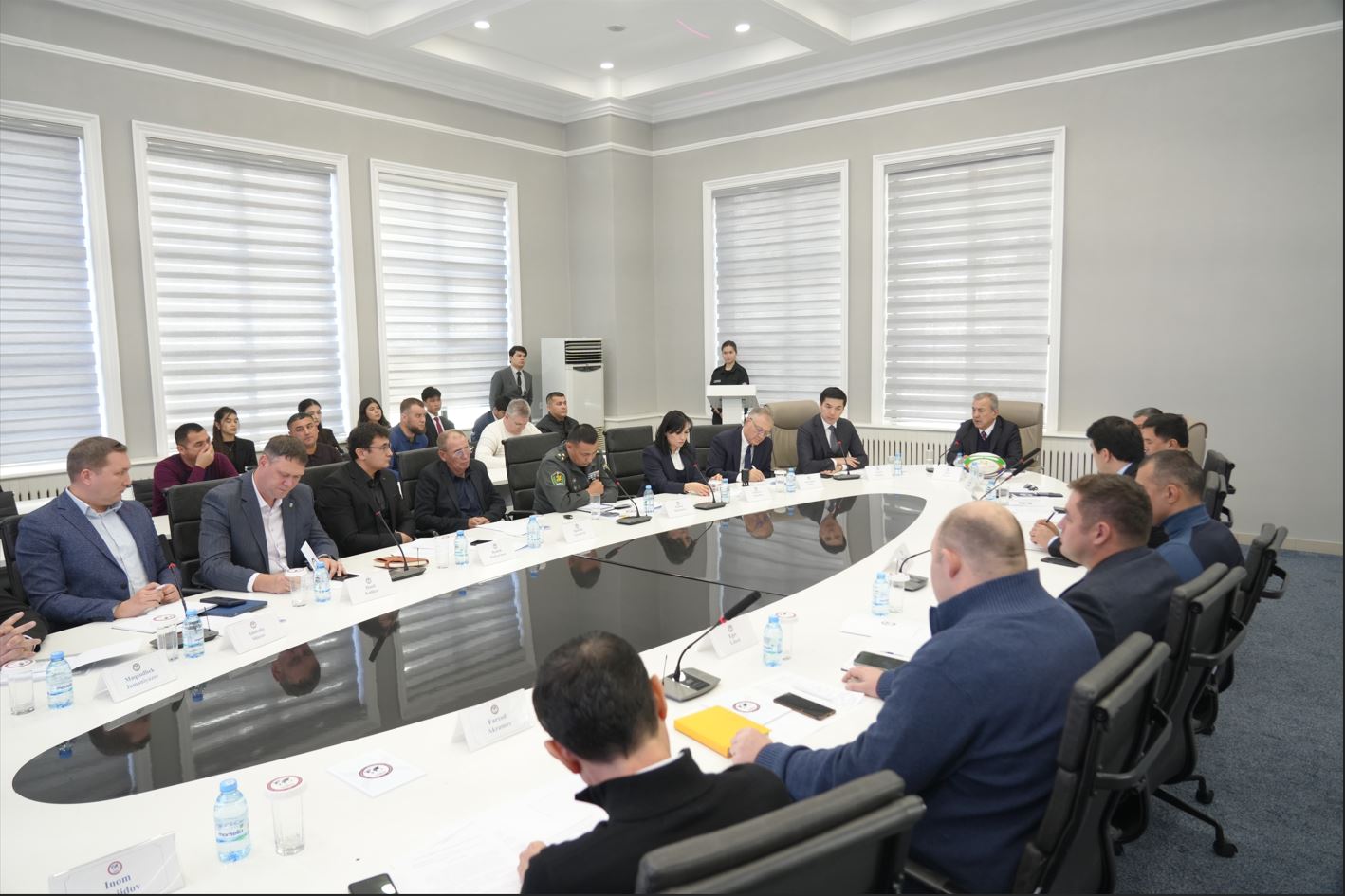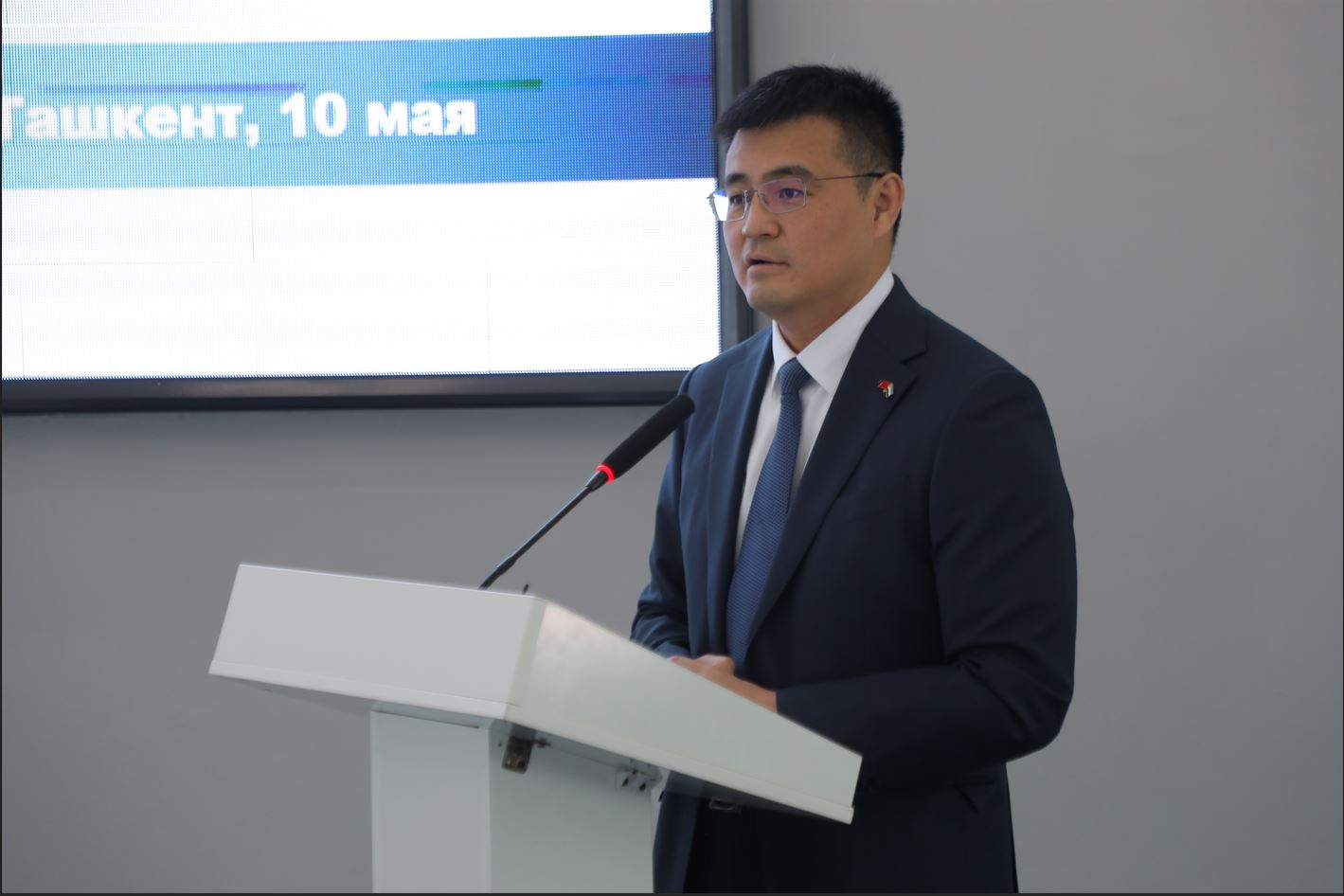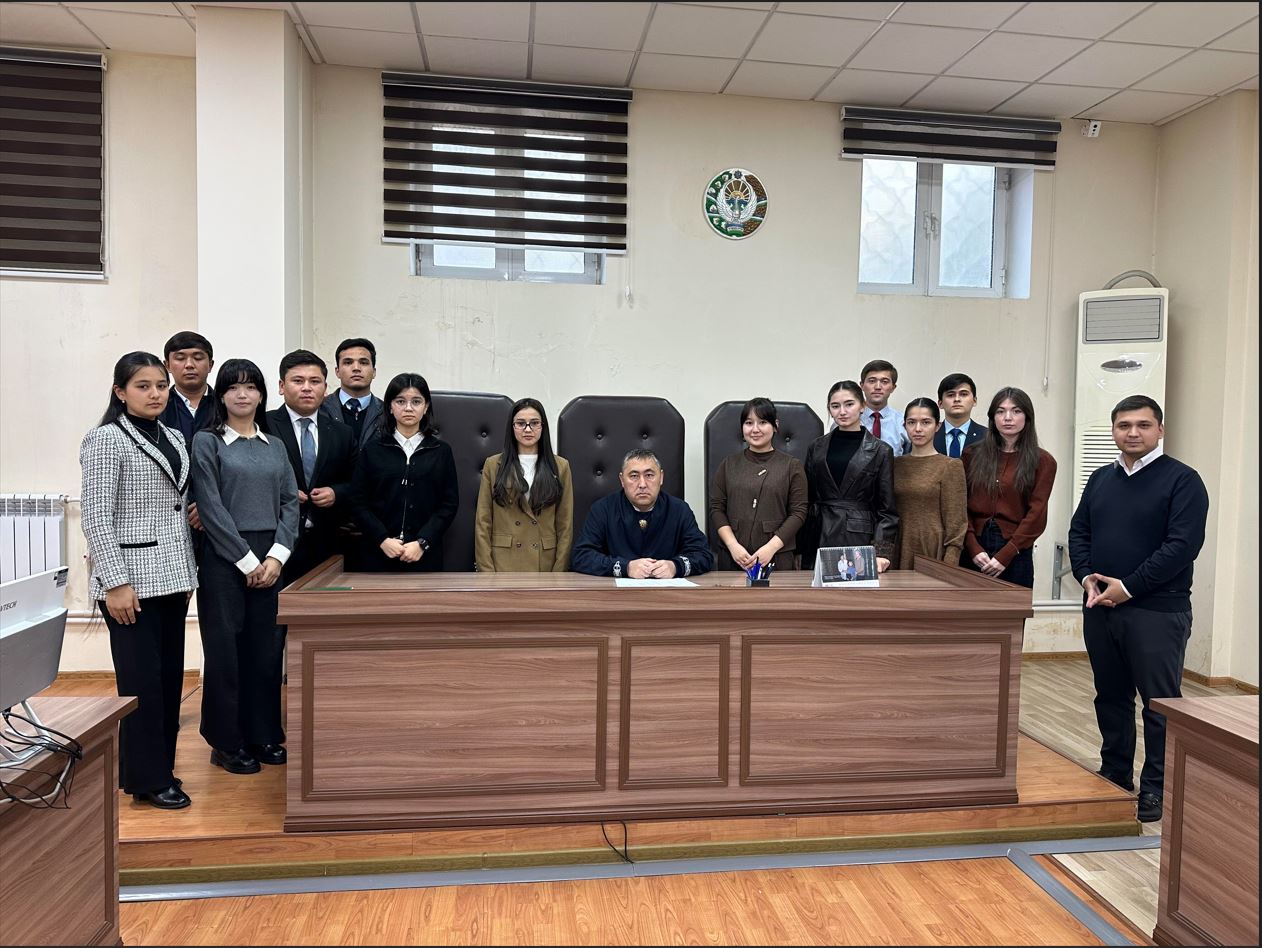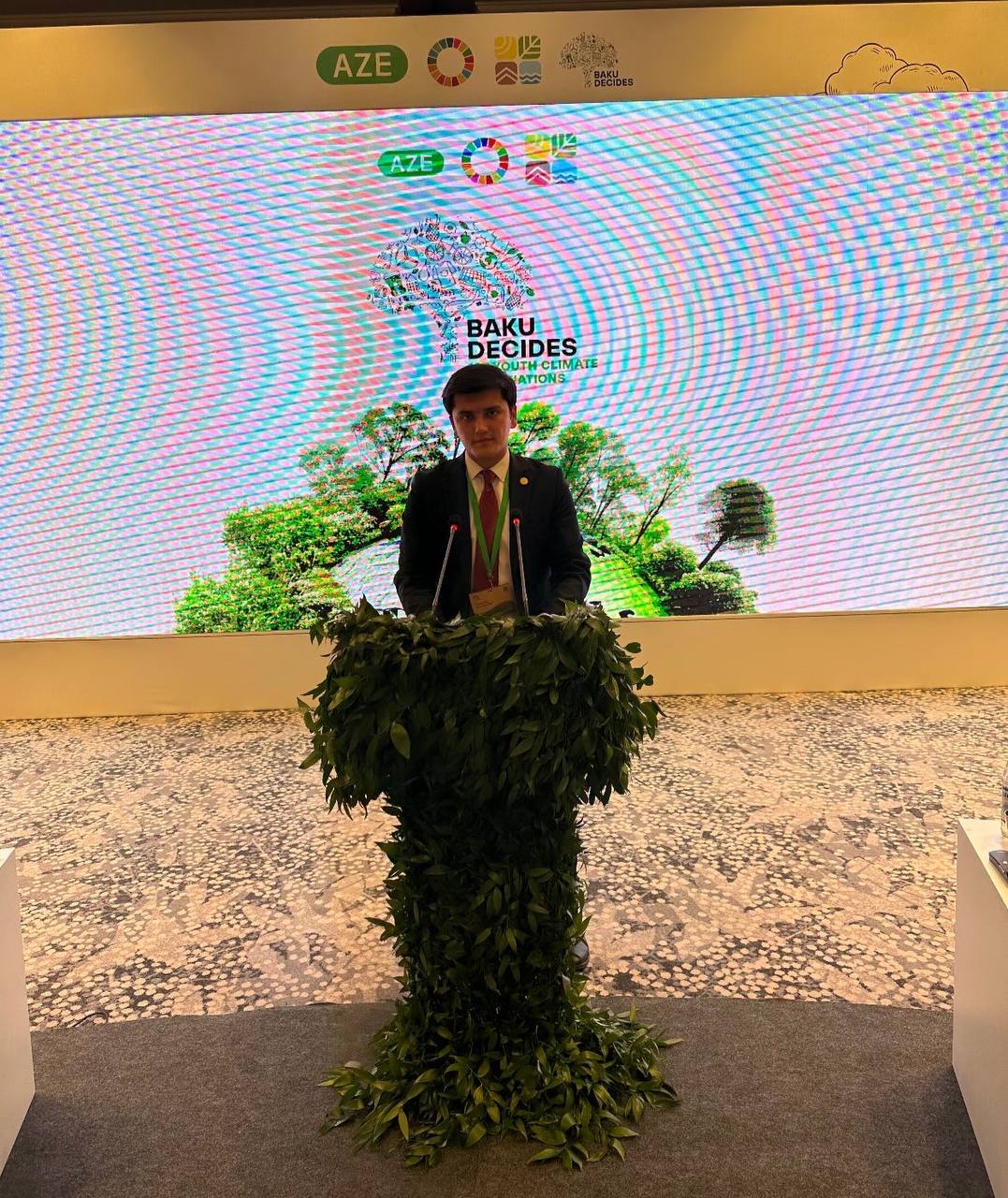
Short-Term Training Programme on WTO Accession: Core Principles of Trade in Services under GATS
Short-Term Training Programme on WTO Accession: Core Principles of Trade in Services under GATS
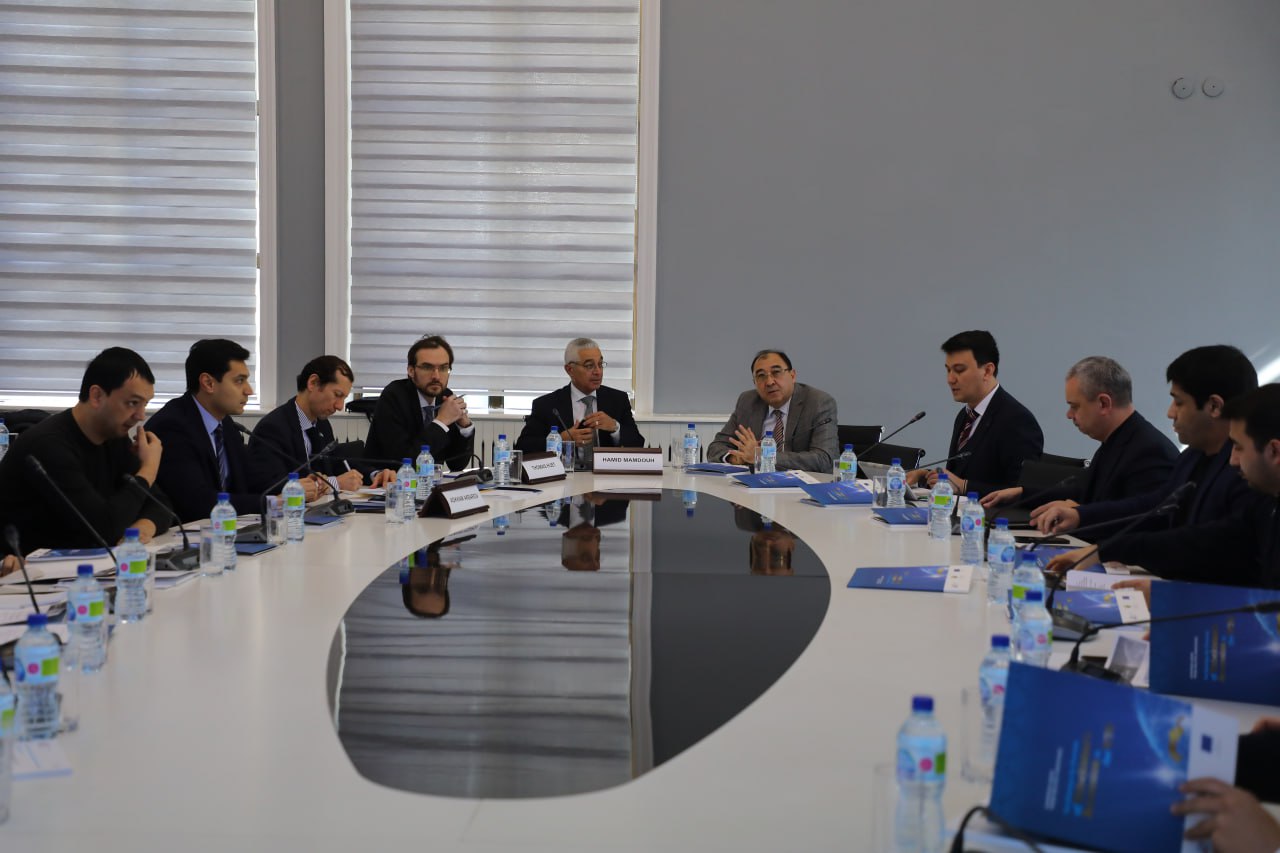
On January 27-28, 2024, the University of World Economy and Diplomacy (UWED) hosted a targeted short-term capacity-building programme titled “Pathway to WTO Accession: Core Principles of Trade in Services under GATS”. The training was delivered in collaboration with the International Trade Centre (ITC, Geneva) as part of the EU-funded project “Facilitating Uzbekistan’s Accession to the World Trade Organization”.
The programme was designed to strengthen institutional and legislative capacity among key stakeholders involved in Uzbekistan’s WTO accession process. It was led by Mr. Hamid Mamdouh, a senior legal advisor at King and Spalding (Geneva), visiting professor at Queen Mary University of London, and former Director of the Trade in Services and Investment Division at the WTO Secretariat.
Participants included representatives from the Legislative Chamber and Senate of the Oliy Majlis (Parliament of Uzbekistan), the Ministry of Justice, the Ministry of Investment, Industry and Trade, the Ministry of Economy and Finance, the Ministry of Agriculture, the Ministry of Employment and Poverty Reduction, the Central Bank, the State Customs Committee, the Agency for State Asset Management, the Technical Regulation Agency, and other relevant government bodies. Faculty members and students from UWED also took part.
The training programme featured expert-led lectures, interactive discussions, and case-based analysis of international trade law. It provided participants with practical insights into the legal and institutional requirements of GATS and strategies for aligning national trade policy with WTO standards.
As a direct outcome, a set of policy recommendations was developed to guide the ongoing reform of Uzbekistan’s trade governance framework. These materials were shared with participants to support evidence-based decision-making and legislative alignment with international norms.
| Date: | 28.01.2024 |
| Views: | 7253 |
| Category: | International Law |
| Share: |

